Every year, at the State Opening of Parliament, the Government sets out its plans for the next year in the Queen’s Speech. This is followed by several days of debate in Parliament on a series of topics chosen by the opposition. I spoke on day four of the debate, raising the housing crisis and calling for action on the cladding scandal.
I also supported amendments from the Labour frontbench and other colleagues, including a hard deadline of June 2022 to remove all cladding, bereavement support for the children of unmarried couples, a Windfall Tax on super profits, a wealth tax on the super-rich, and a 55% tax rate for incomes over £200,000.
The 31 Bills announced by the Government this year laid down a clear anti-democratic agenda, building on similar legislation brought forwards in the last session (the Overseas Operations Bill and the Covert Human Intelligence Sources Bill). They sent a clear message that rather than focusing on the damage of the pandemic and delivering on their levelling up agenda, Boris Johnson’s Government are more interested in consolidating wealth and power. Several Bills raise particular concerns for me.
Police Crackdown Bill
In the last Parliament, the Tories were forced to drop plans for the dismal Policing, Crime, Courts and Sentencing Bill, more accurately dubbed the Police Crackdown Bill. Unfortunately, we’ve not seen the last of this Bill, which is the Government’s response to the successful protest movements of recent years, including Black Lives Matter and Extinction Rebellion. Campaigners forced important concessions from Conservative governments, leaving them with no choice but to promise to act on two of the major social issues of our time. This Queen’s Speech is a reminder that the Government would rather take action to ban protesters than take action to tackle the injustices they raise.
Electoral Integrity Bill
This is the Government’s attempt at Republican-style voter suppression, introducing new burdens on voters. The equalities impacts of such a move have been well studied. If you are poorer, disabled, trans, or from an ethnic minority background, you are much less likely to own valid photo ID. Clearly, that’s the whole point. In a country where the largest single party at the last General Election was “Did not vote”, we need to look at improving democratic participation and inclusion, not erect new barriers to keep people out.
Higher Education (Freedom of Speech) Bill
This Bill makes good on Gavin Williamson’s promise to introduce campus free speech enforcers. As my colleague Charlotte Nichols pointed out, this legislation potentially introduces a loophole that would give Holocaust deniers legal protections. The biggest threat to free speech on university campuses is not student societies disinviting Conservative MPs and far-right figures from addressing events, it’s the Government threatening the freedom of student societies to choose who speaks at their events.
Let me know your thoughts on the Government’s new agenda. You can write to me at bell.ribeiroaddy.mp@parliament.uk
